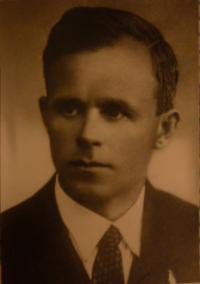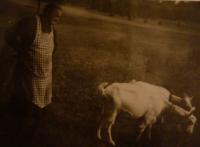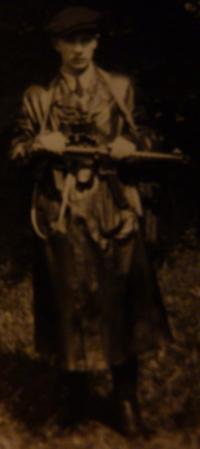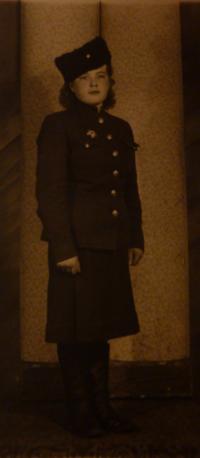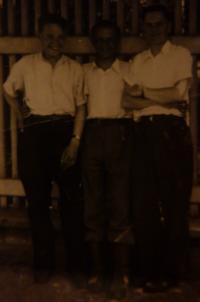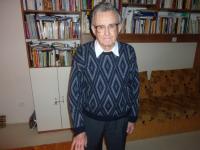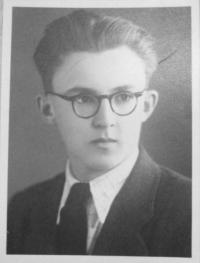I do not sort out people according to their political membership and bias, rather, I appreciate a solid relationship to their own lives and to lives of those they encounter
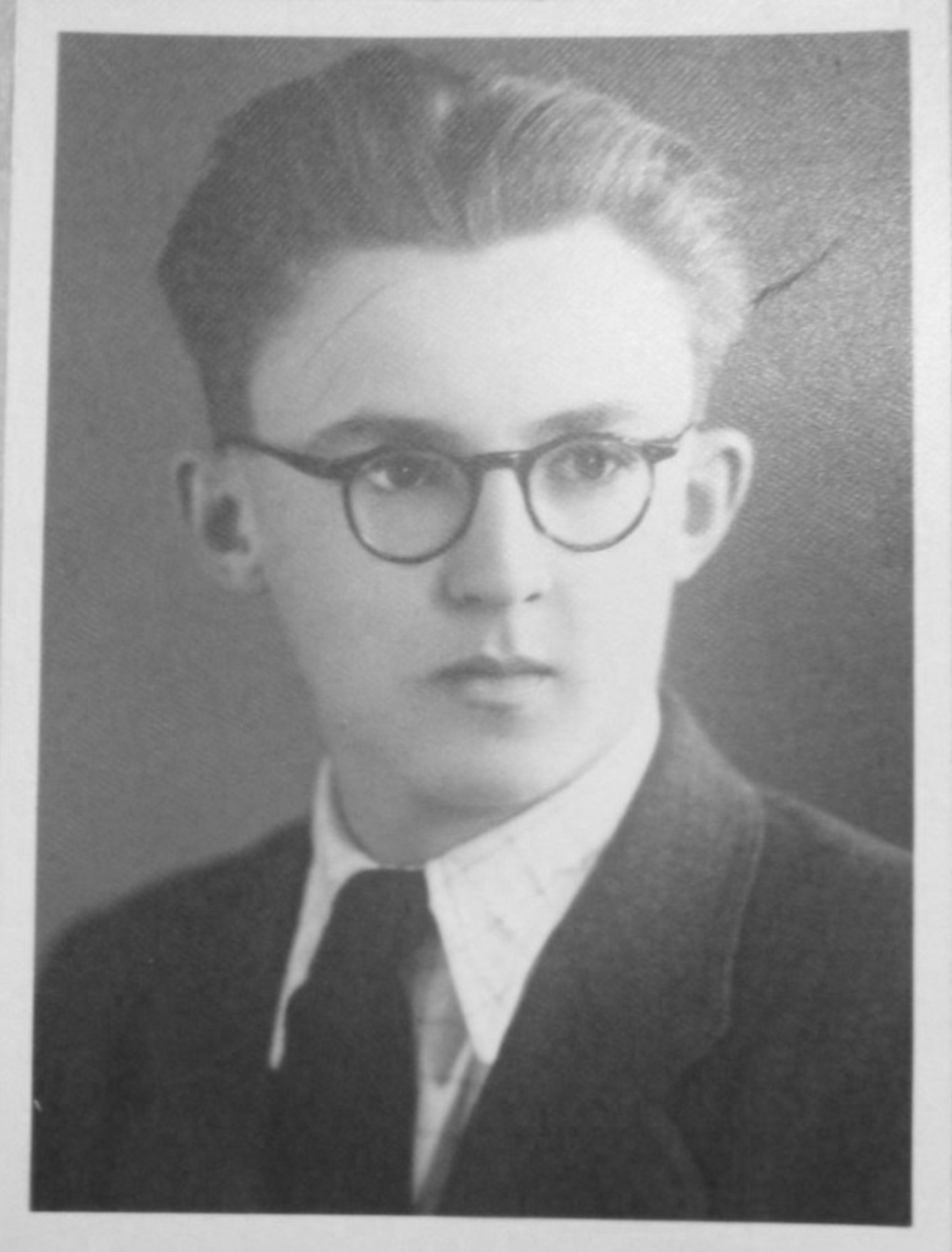
Download image
Professor Ivo Středa was born in Košice, Slovakia, on April 27, 1927, as the son of a Czech teacher at the training institute for Slovak primary school teachers in Spišská Nová Ves, Josef Středa (born 1889). In autumn 1938, Ivo´s father was resettled from Slovakia by the Slovak nationalist Hlinka Guard and called to the Czech town of Kladno. He was followed by the rest of his family before Easter 1939. A short time before their departure, which was on March 24, 1939, Ivo Středa and his mother saw a Hungarian air raid on the Slovak military airport in Spišská Nová Ves. About 10 civilians were killed during this operation. In the town of Kladno, Ivo was a witness of the persecution of Czech citizens after the introduction of martial law on June 9, 1939, and he was able to indirectly follow the consequences of the tragedy in Lidice village. Between 1942-1944, Ivo Středa studied at a secondary technical school in Jaroměř, and he moved away to live with his parents and grandparents in the cottage Na Pohodlí, Babiččino Valley, located northeast of Czechoslovakia. In September 1944, he was forced to work in the Technische Nothilfe, a German technical paramilitary unit. He was released in February 1945. Between April and May 1945, he helped his father hide and support a Soviet-Polish paratroop/counter-intelligence group of the 1st Ukrainian Front led by Vladimir Petrovič Sokolovskij. In Ivo Středa´s grandmother’s cottage in Na Pohodlí, Babiččino údolí, they kept a secret radio transmitter. After the war, Ivo Středa took up amateur acting, sports flying, voluntary work in a mine, and, out of juvenile enthusiasm, he became a member of the Communist Party. In 1946 he enrolled at the Czech Technical University in Prague. After graduation in 1950, he worked for the Energy Institute in Prague, Holešovice. In the period of 1955 - 1963, Ivo Středa conducted his research of airplane prototypes measuring devices at the Aviation Research Institute (VZLU), Prague-Letňany. In 1963, he started his academic career as an assistant professor of thermodynamics at the Czech Technical University, and he became a co-founder of applied mechanics as a scientific discipline in Czechoslovakia. In 1968 he did not renew his membership with the Communist Party, and he was later denied a Professor´s degree and research fellowship in the Netherlands. In the 1970’s and 80’s he was involved in academic teaching and publishing. In 1991, he was granted the Professor´s Degree previously sought, and in 1993 he became a professor of thermodynamics at the Technical University of Liberec. He retired in 2002.
